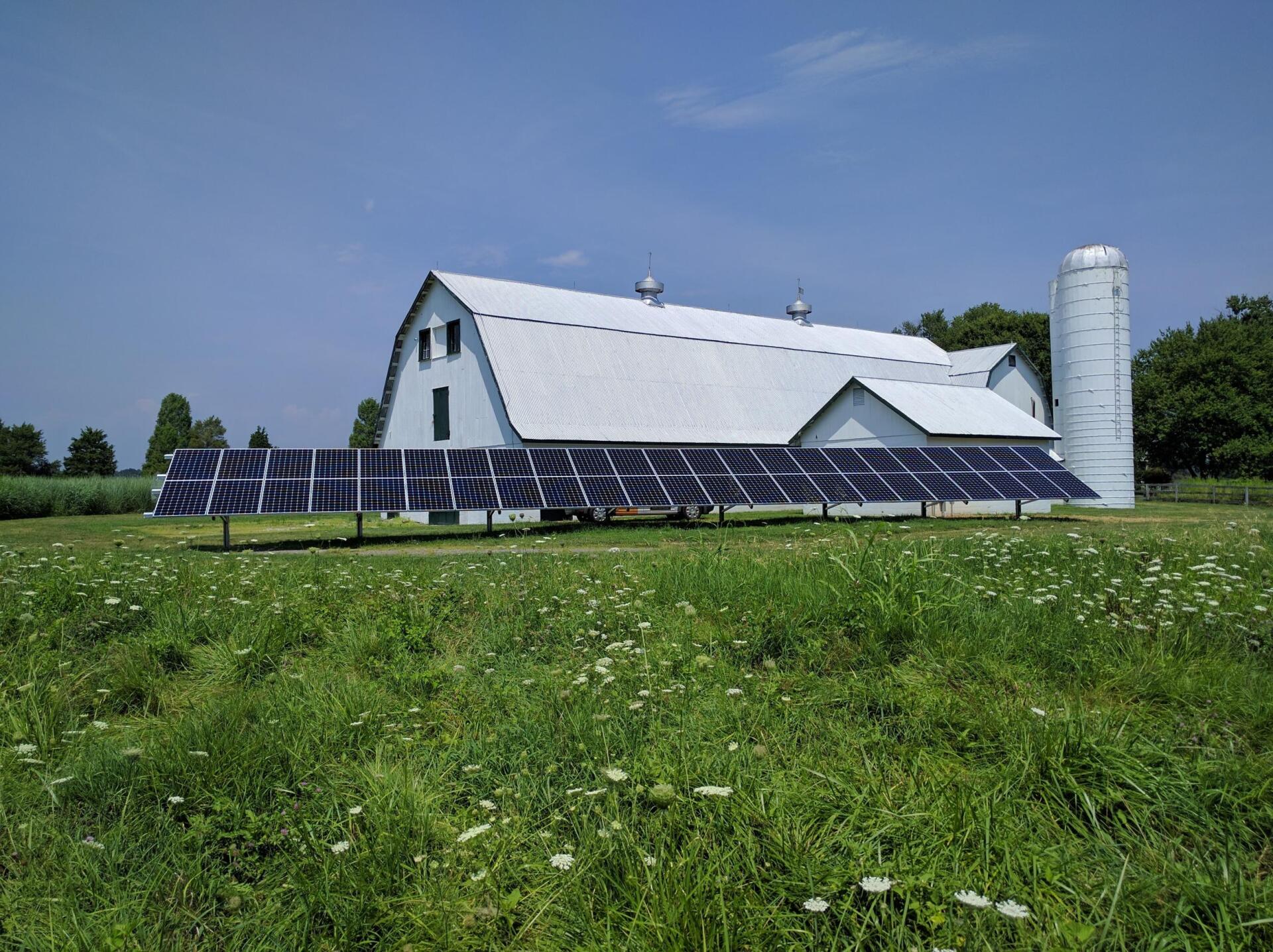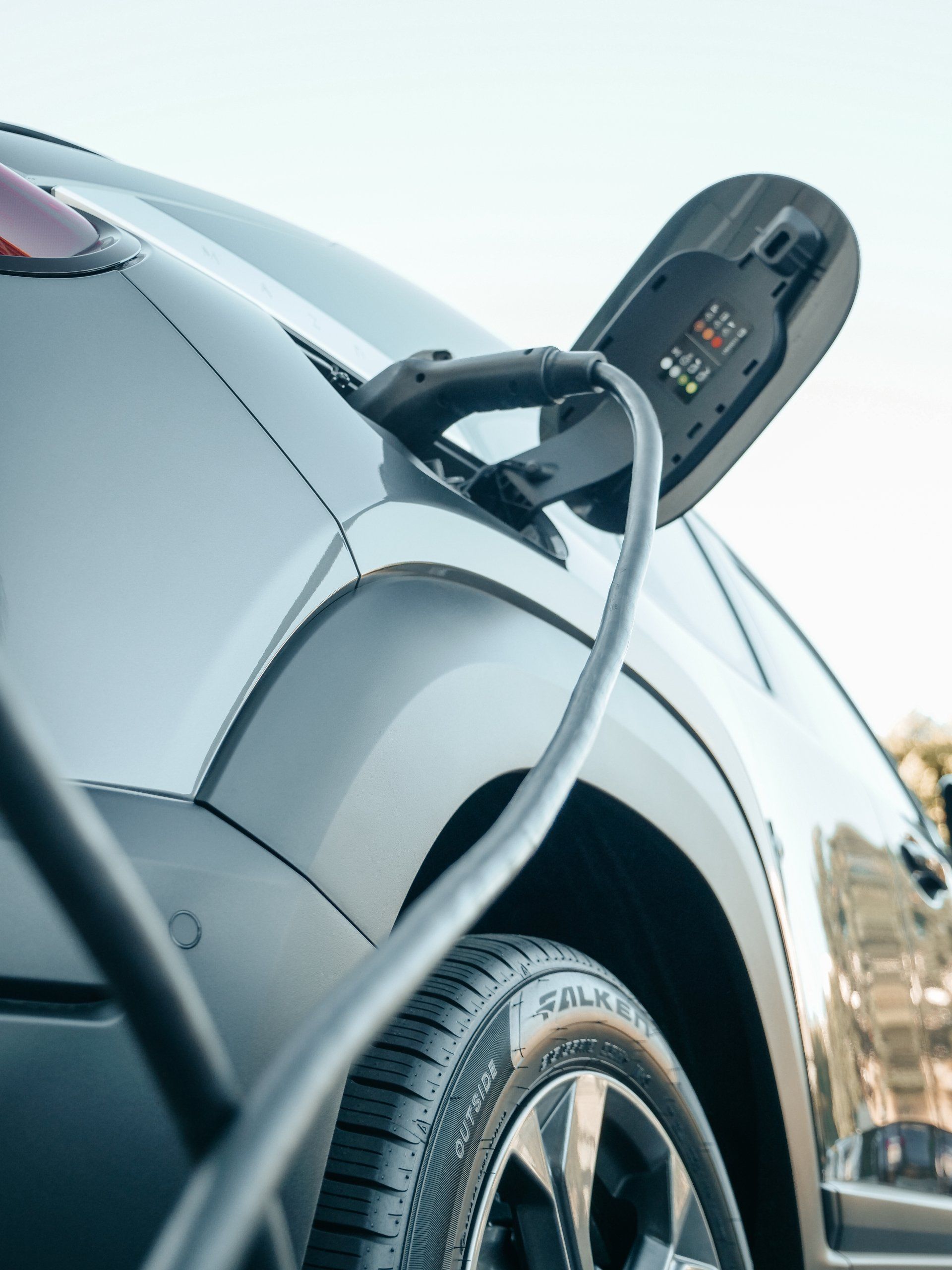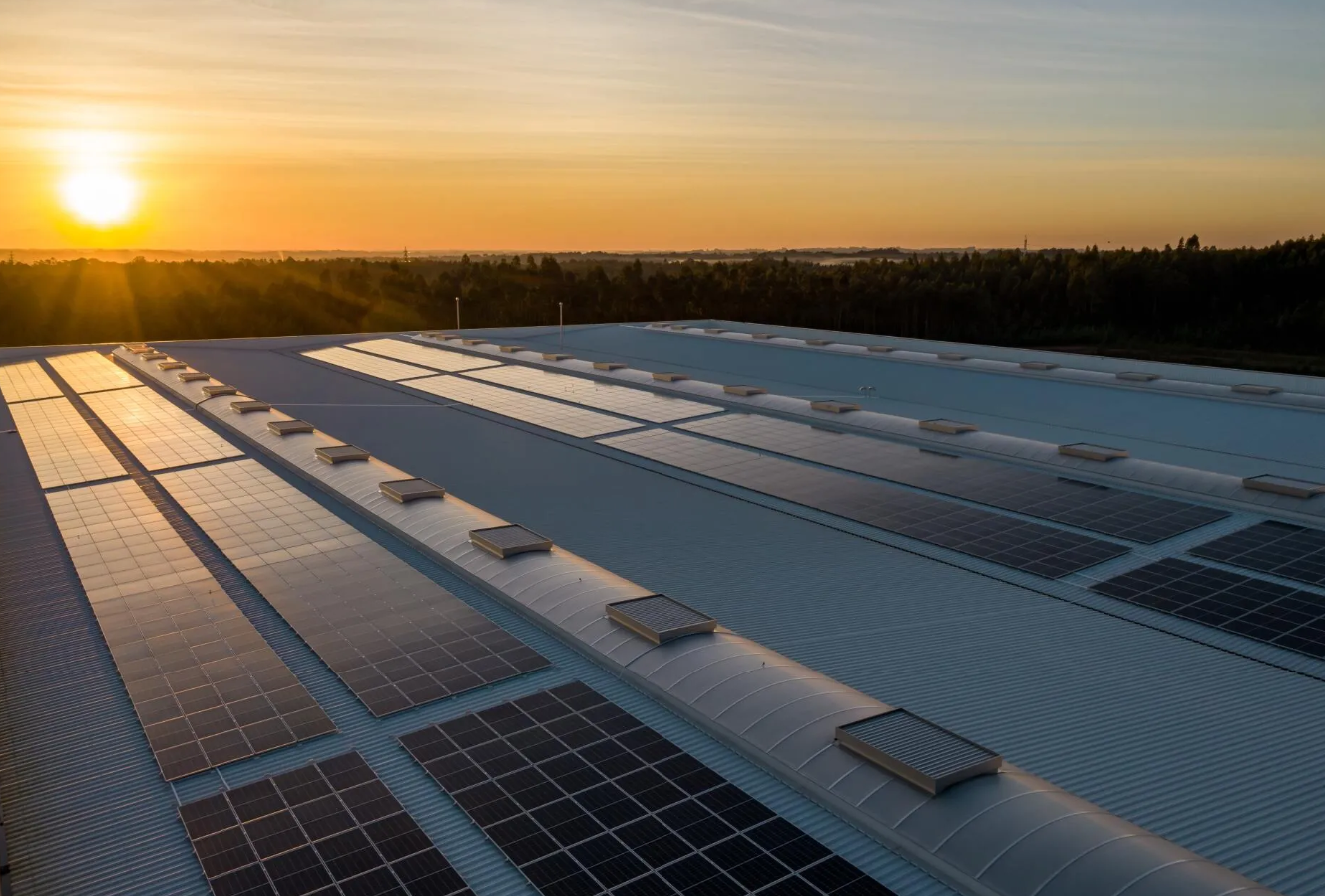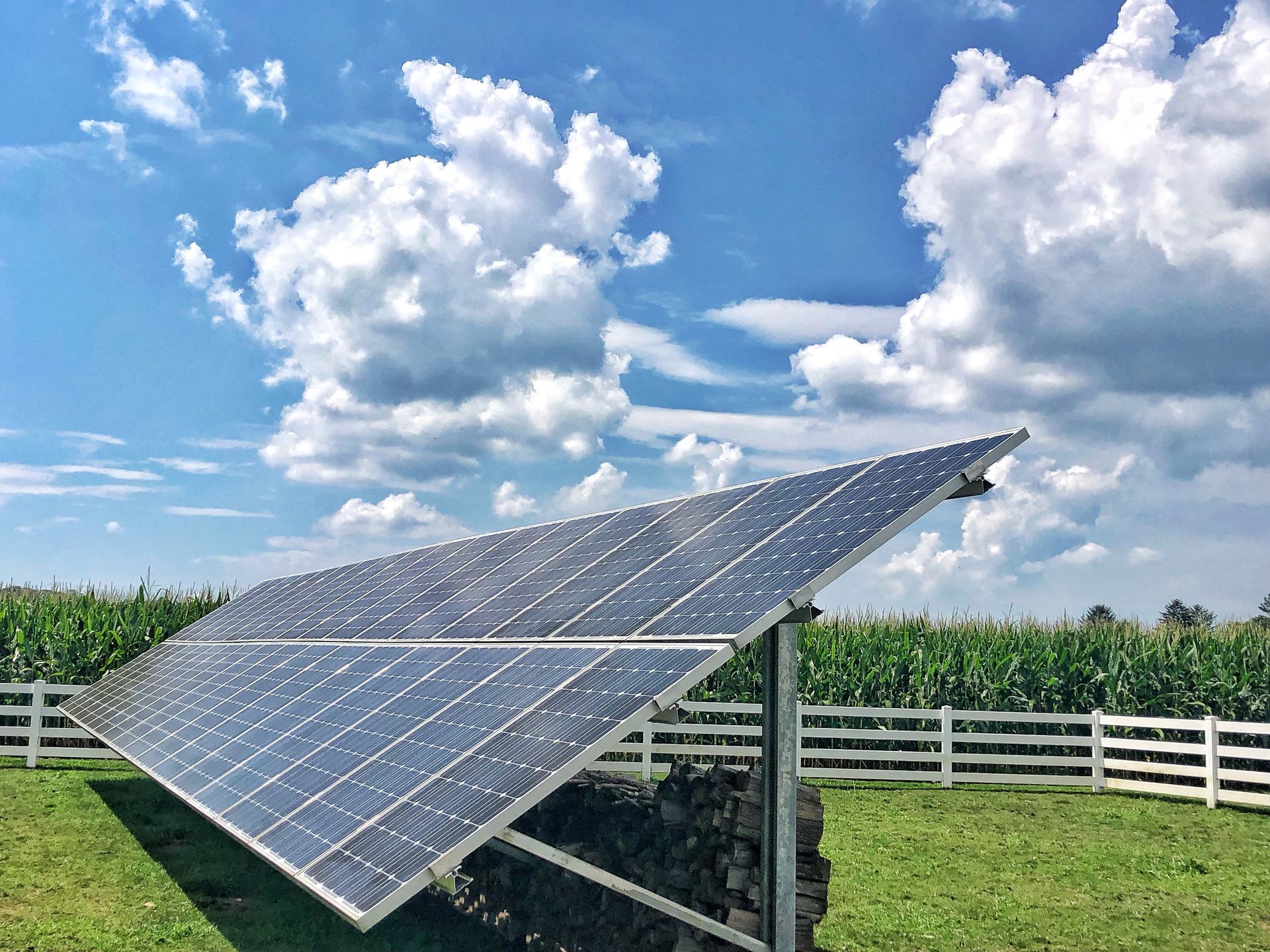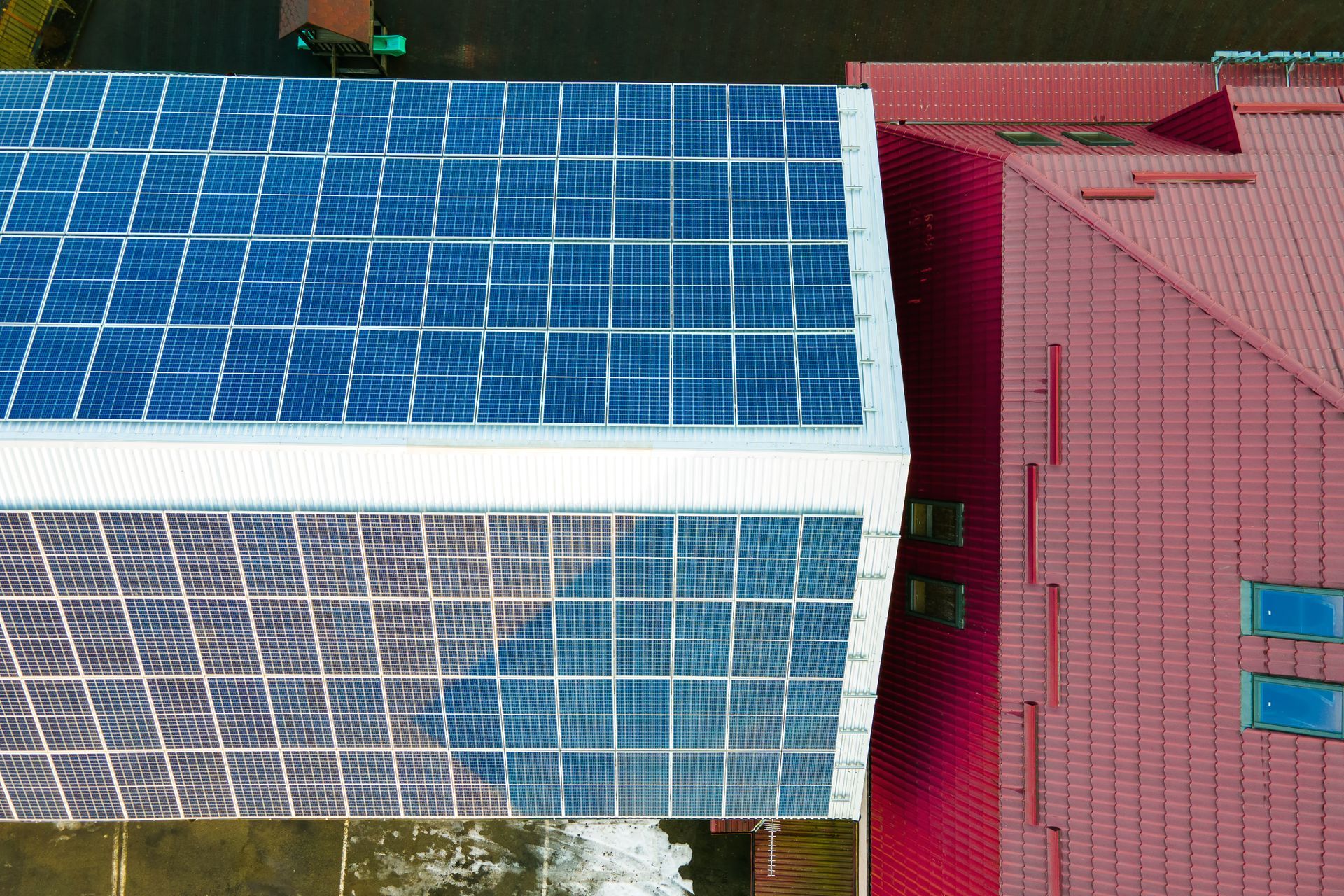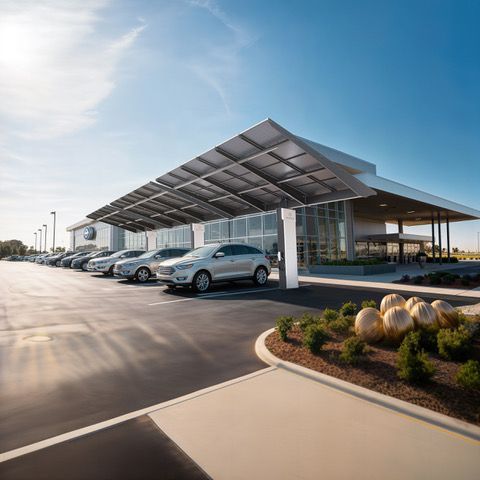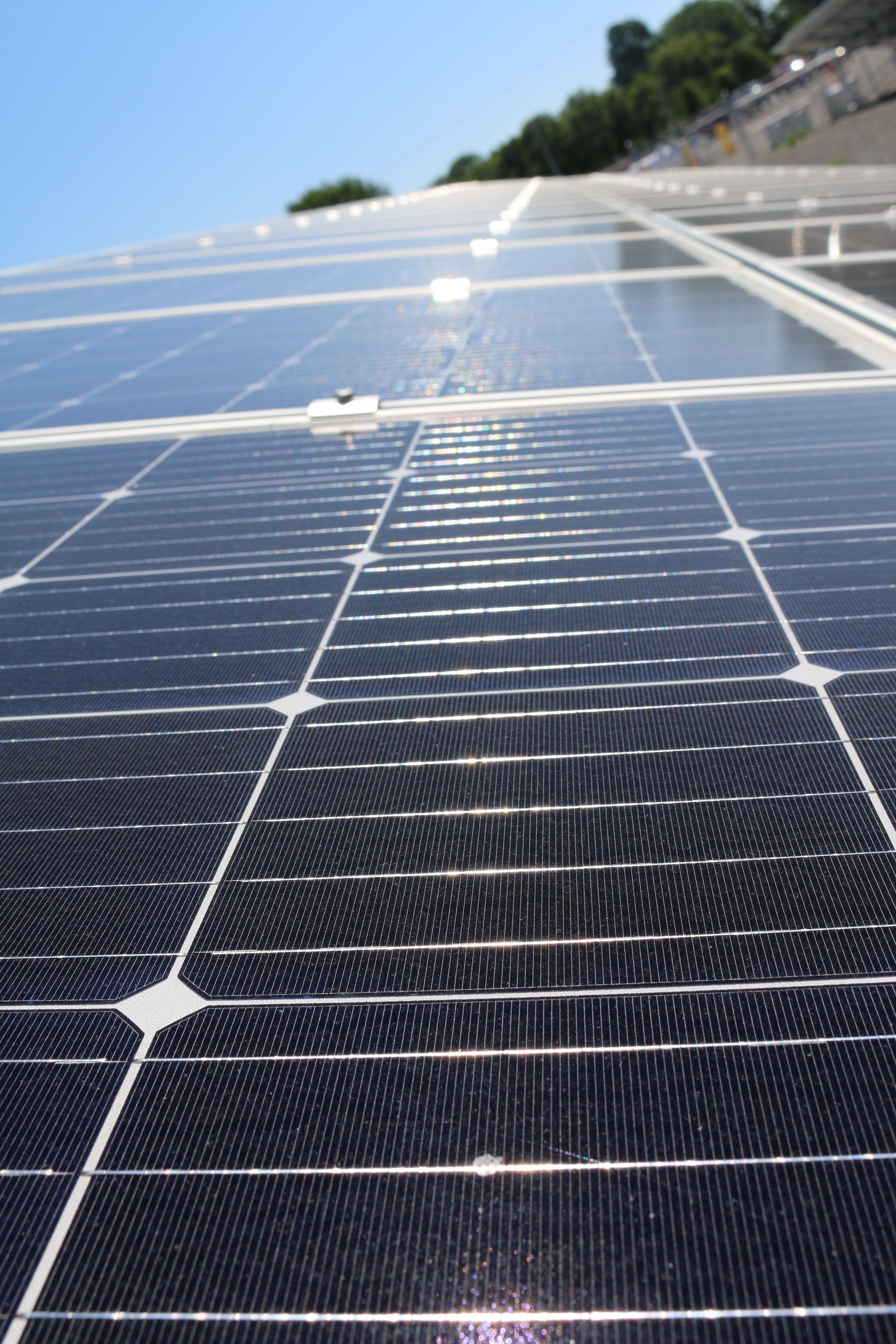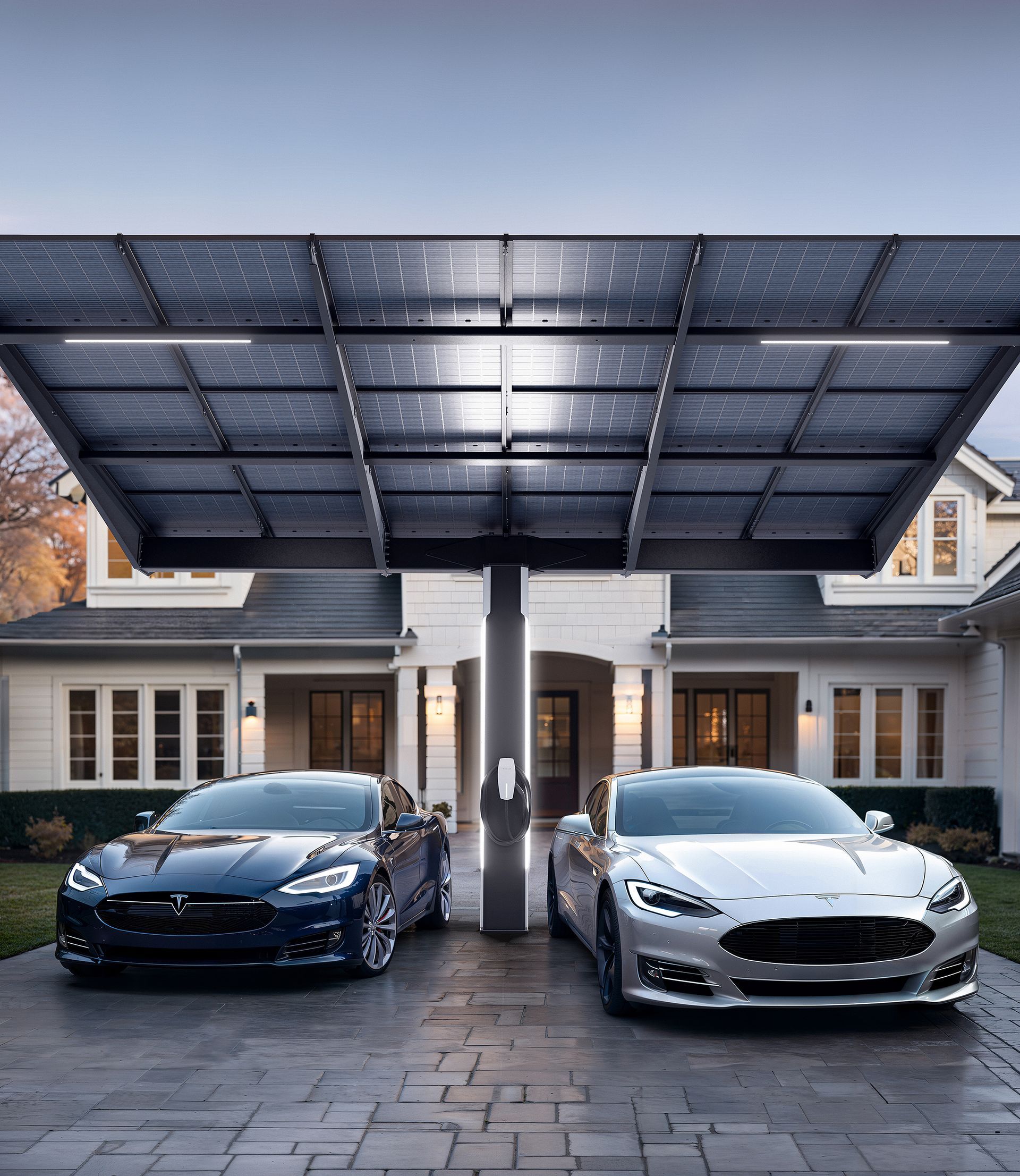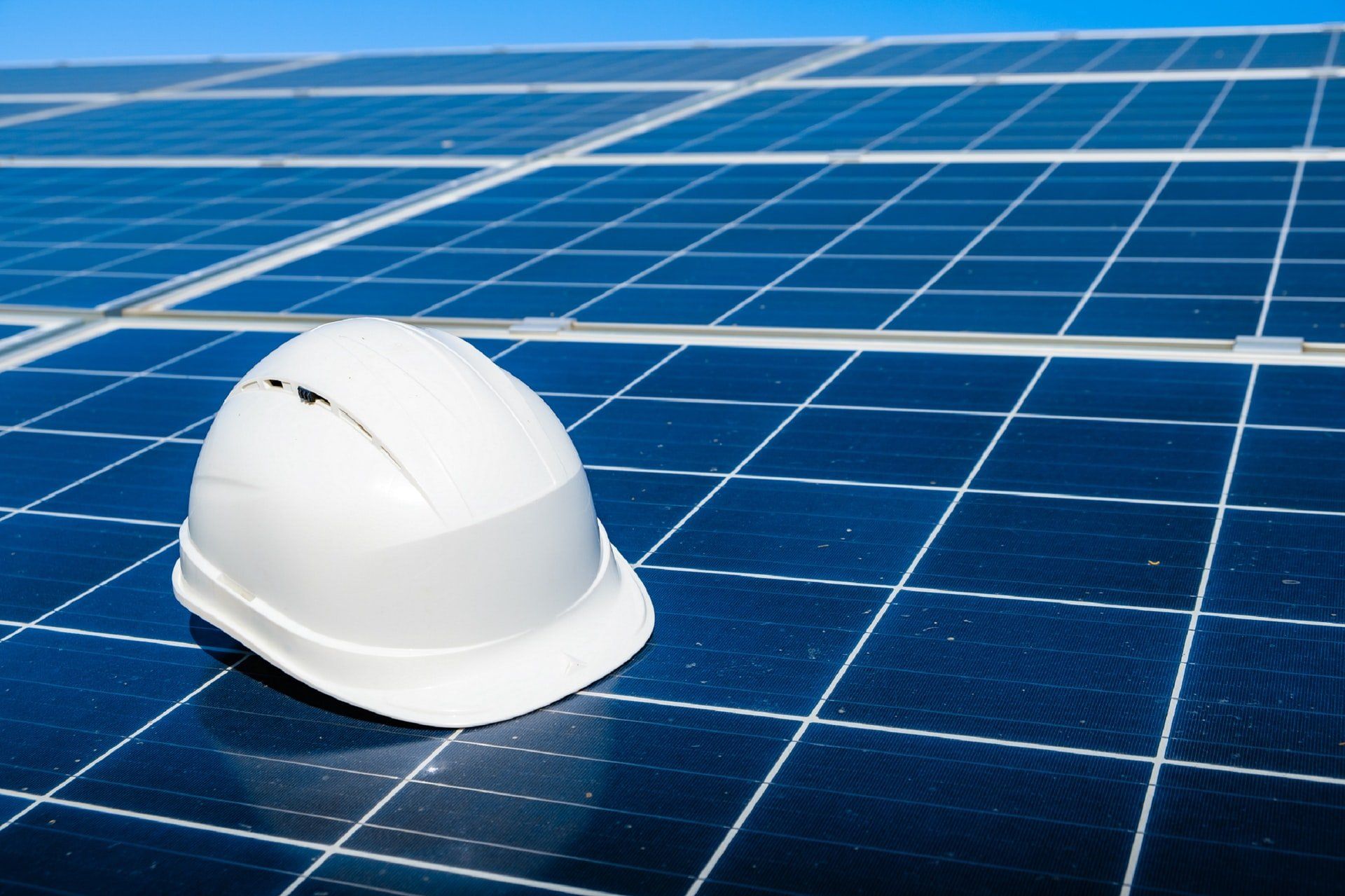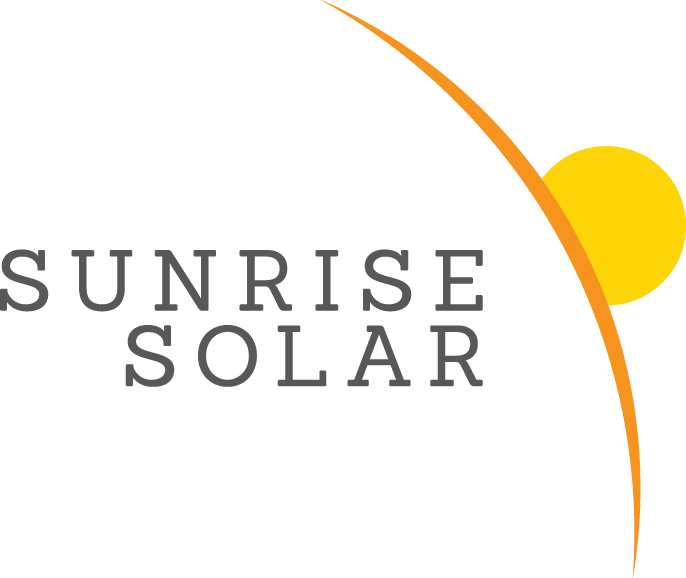The Basics of Solar Energy Storage
You are My Sunshine, My Only Sunshine
The sun is the catalyst of solar energy. That is widely known. Sunshine produces energy that can run the everyday power needs of our lives. When you have a solar energy system, it runs off sunshine. Again, this is widely known. However, the sun doesn’t always shine. How can you continue to use solar energy when the sunshine is not available?
You Make Me Happy When Skies are Gray
Introducing…solar energy storage. These “batteries” are engineered to store solar energy while it is available and hold it for those times when skies are gray…or full of fog, dust, precipitation, etc. Understandably, there are times when demand for power is high, yet the production of solar is low. Having a solar energy storage capacity at your home or business, will allow you access to energy regardless of availability.
The Difference is in the Battery
Not all solar energy storage is the same. There are short-term capabilities that allow power to be uninterrupted during a brief rain shower, for example. There are also long-term storage options that provide a factory with a generous amount of power during an extended bad weather event. The following will list a few options for solar energy storage and a few of their advantages and disadvantages of each. However, the experts at Sunrise Solar will be able to answer any extensive questions about which solar battery is best for you.
Lead Acid batteries - Using lead as its predominant component, it stores solar energy using electrochemical reactions between the lead and lead oxide inside the chamber of the battery.
Advantages - It is the oldest type of battery and is the least expensive.
Disadvantages - Lead Acid batteries require regular maintenance and have a shorter lifespan.
Electrochemical Storage - also known as lithium-ion batteries. This type resembles a cell phone battery in function. They absorb the solar power which initiates a chemical reaction. That reaction is reversed with the output of the stored energy.
Advantages - they last a long time, require very little maintenance and hold quite a bit of energy in a small size. They are best for residential use.
Disadvantages - They can be expensive. They’re not suitable for large scale power systems.
Flow Batteries - These types of batteries use an electrolyte fluid that flows between two chambers inside the battery. As the battery charges, the fluid within goes through a chemical reaction allowing the energy to be dispersed.
Advantages - These have a long lifespan and require little maintenance. They are best for large scale industrial use.
Disadvantages
- These are large in size and not suited for home use. They can be expensive.
You may now have a better understanding of the basics of solar energy storage. You have options! The experts at Sunrise Solar are your solar professionals who are ready to assist you in any solar project. They are your one stop resource for assessing, quoting, and installing a solar energy system that is right for you.
